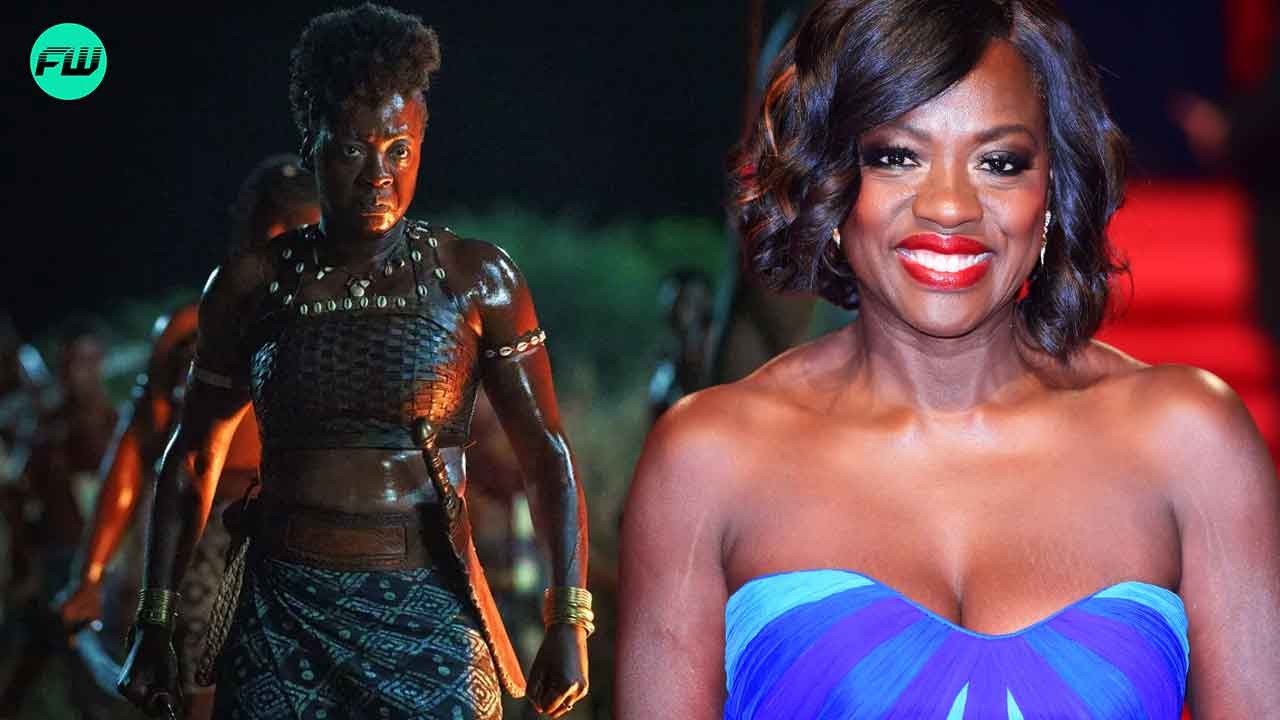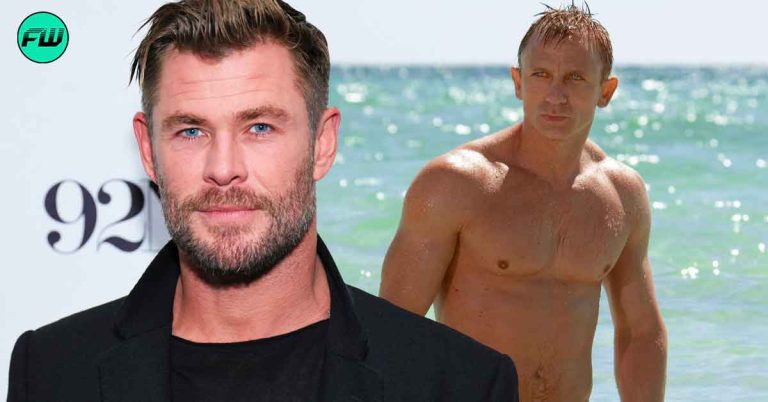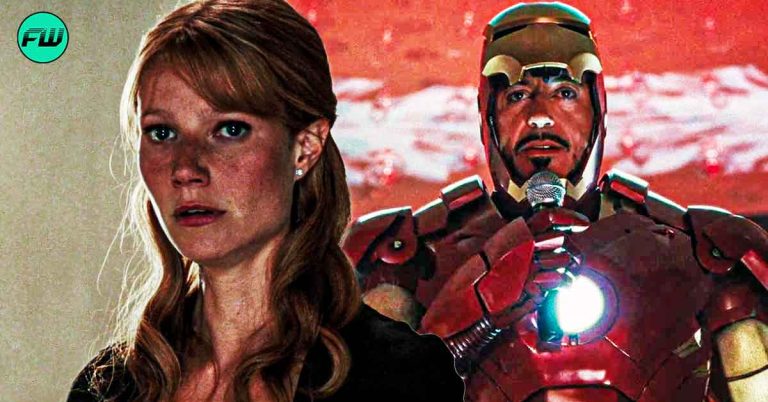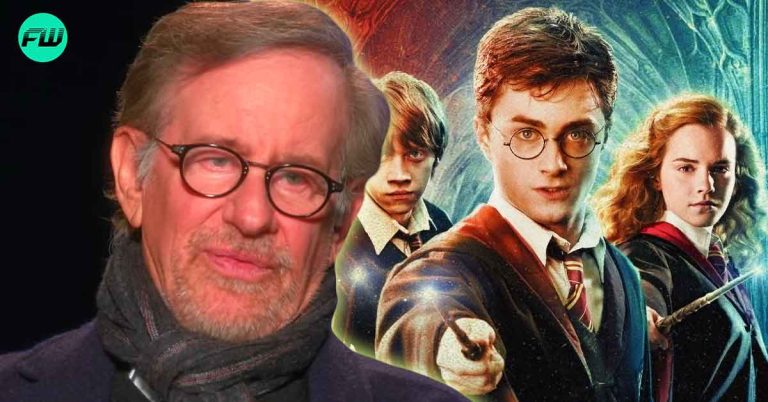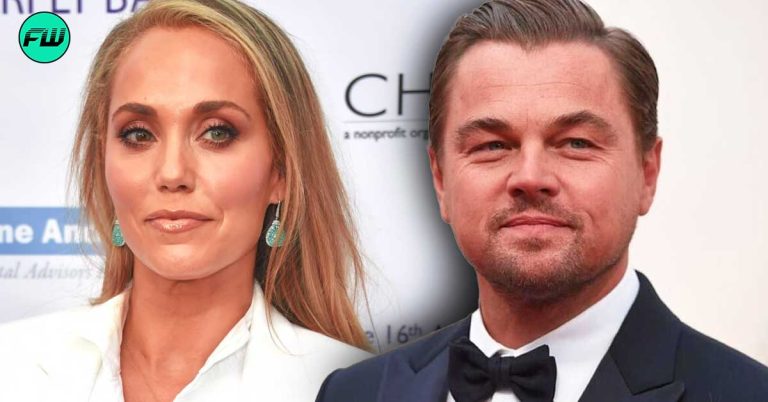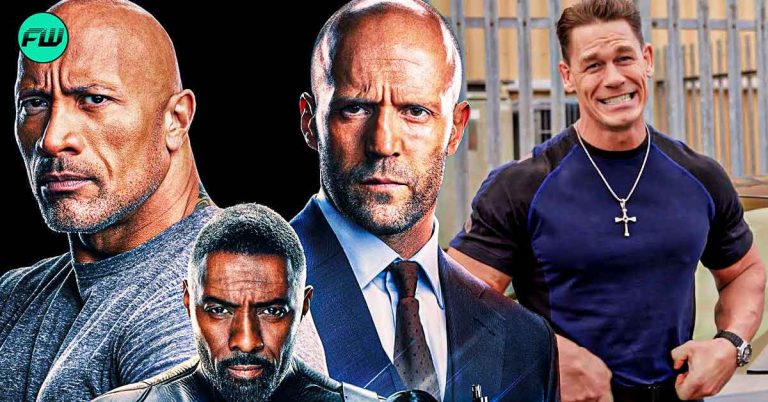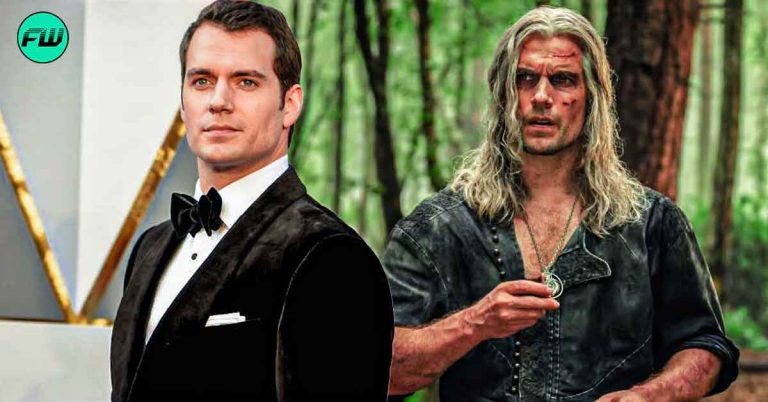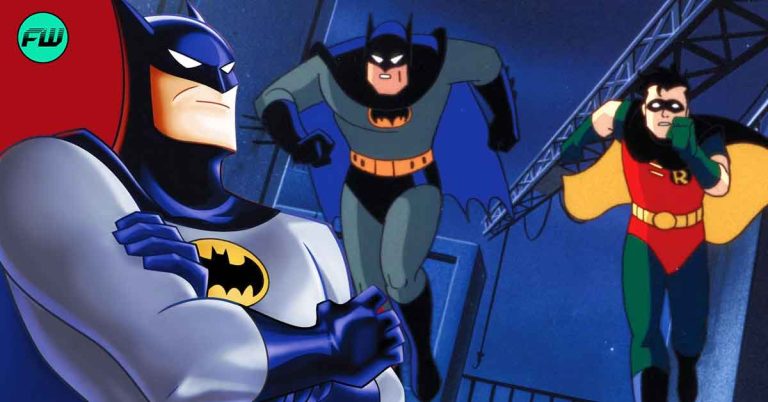It is no wonder that The Woman King has gained immense fame over the past few days due to its epic storytelling and an outstanding cast. It is based on a true story, and a huge factor of its popularity is the Agojie, an all-female group of warriors from the kingdom of Dahomey.
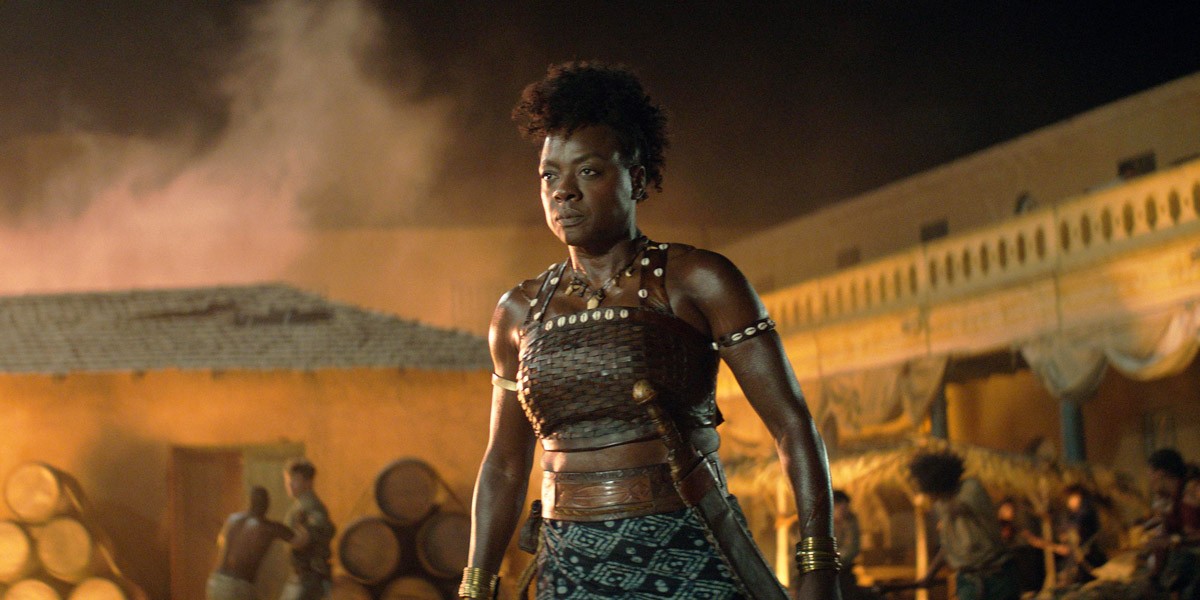
The movie stars Academy winner Viola Davis as General Nanisca who leads a group of women soldiers under the rulership of King Ghezo, portrayed by John Boyega. General Nanisca takes in a young woman named Nawi, played by Thuso Mbedu, under her care along with several other girls trained to fight.
Usually, films based on historical events are recreated and altered in ways to make them more compelling. The Woman King takes place in 1823 when the kingdom of Dahomey fought for its freedom against the Oyo empire, and King Ghezo was able to cut ties with the enemy. All of this is true; however, General Nanisca and Nawi are fictionalized characters.
The Woman King: Who Are The Agojie?
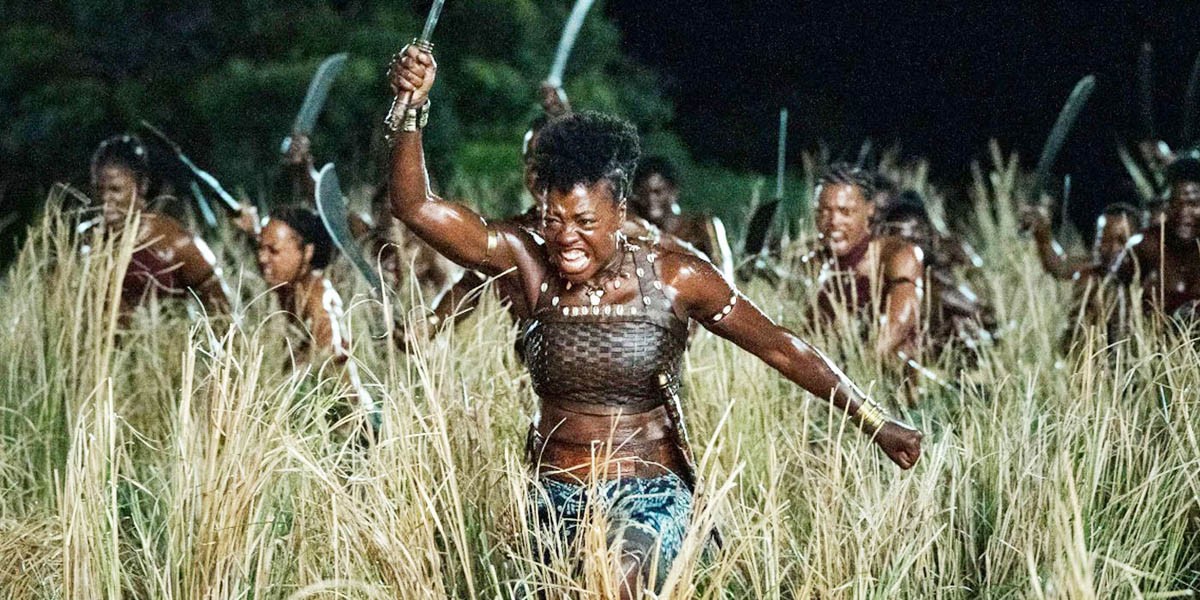
The Agojie is a group of women warriors that dates back to the early 18th century. King Houegbadja was known to have formed a group of female elephant hunters to serve as protectors of the kingdom but another ruler was credited for establishing the all-women army. It is true that the Agojie rose to popularity under King Ghezo’s rule, where they earned the moniker “The Dahomey Amazons” from the Europeans.
Like in The Woman King, the Agojie had rigorous training. People who enlist are volunteers, former slaves, women who have no plans to marry, and orphans. Surprisingly, they are privileged as they live inside the king’s grounds and have their own servants. Another interesting part of the Agojie tradition is their vow of celibacy. They are considered wives of the king, although they do not bear his children and they are not allowed to marry.
RELATED: The Woman King Review: An Action Packed and Empowering, Yet Formulaic ‘True Story’
The Real Agojie Was Crueler Than You Think
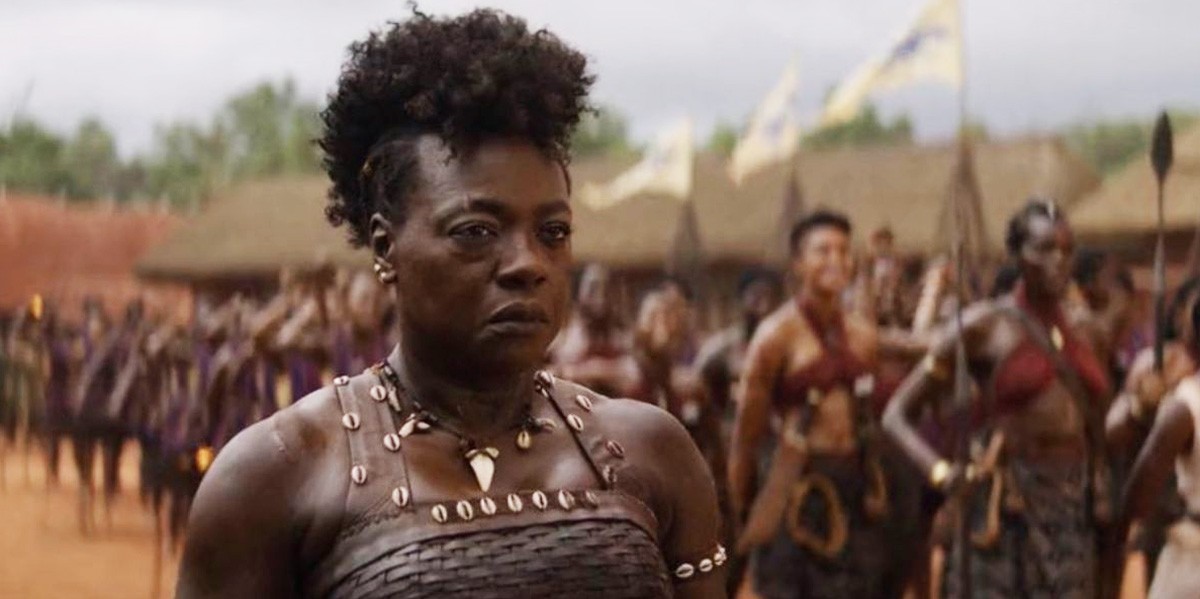
The Agojie was portrayed as protectors, but they are more brutal in real life. They conquered cities and took people away from their homes. They burned villages and beheaded their victims. In fact, they had a religious ceremony called the Annual Customs of Dahomey, where they offered hundreds to thousands of human sacrifices.
Slave trading was partially tackled in the movie, but it was depicted as if they were against it. A large portion of Dahomey’s wealth came from this kind of business and director Gina Prince-Bythewood veered away from that topic to present it as a hero’s story.
The Woman King’s Agojie indeed inspired Black Panther’s Dora Milaje, and the movie prides itself in honoring the brave women warriors who stood for their kingdom. While many aspects of the film were fictionalized, it is better for the audience to know the true story behind the Dahomey kingdom and its famous army of women.

